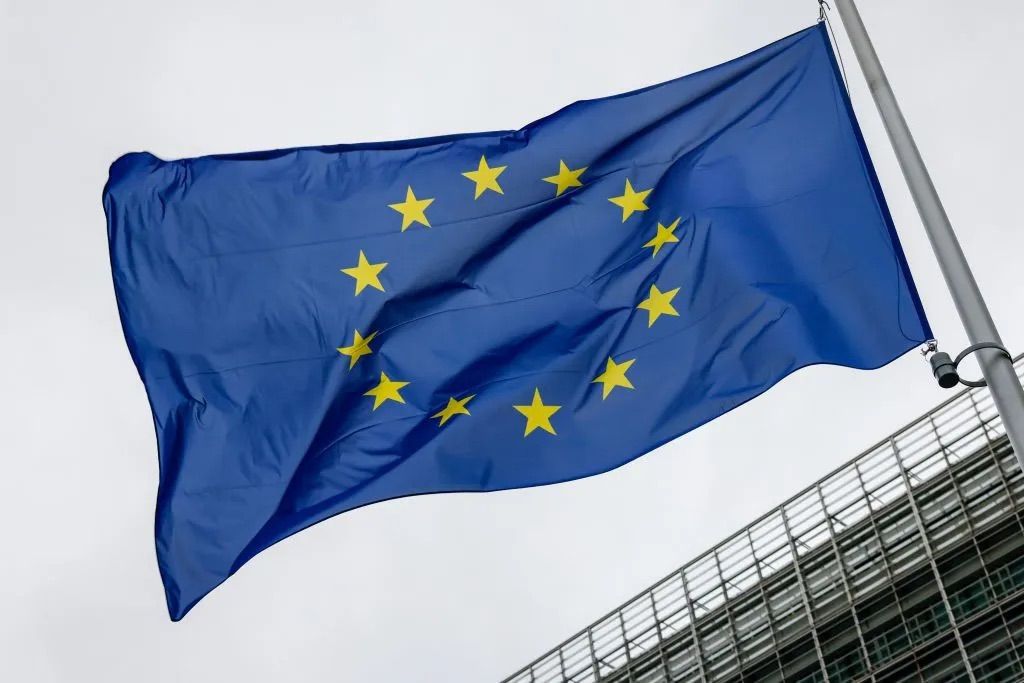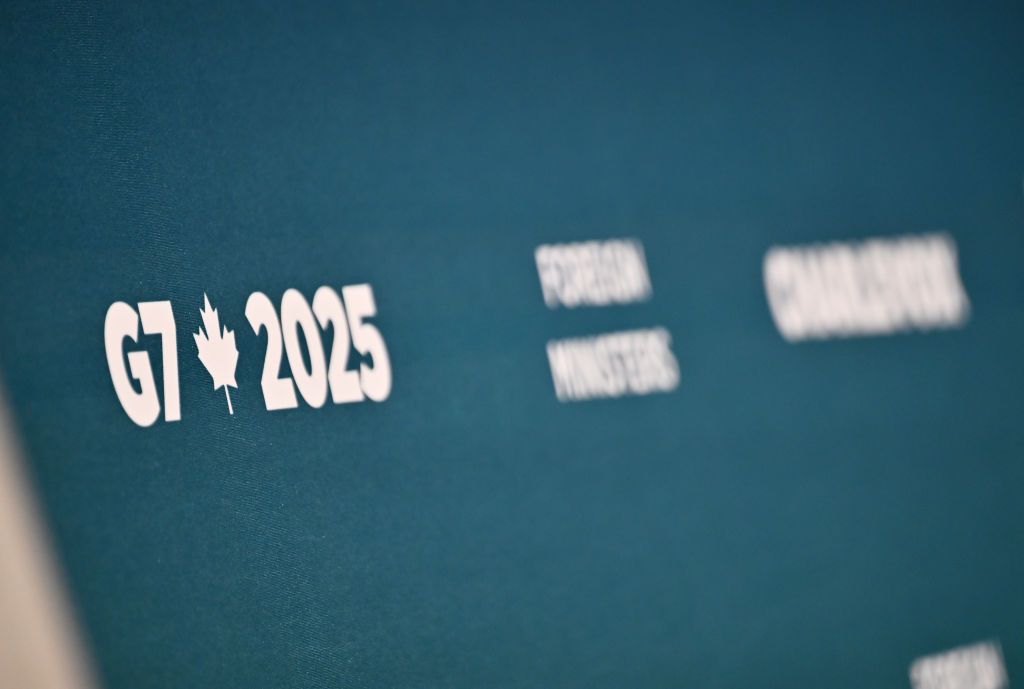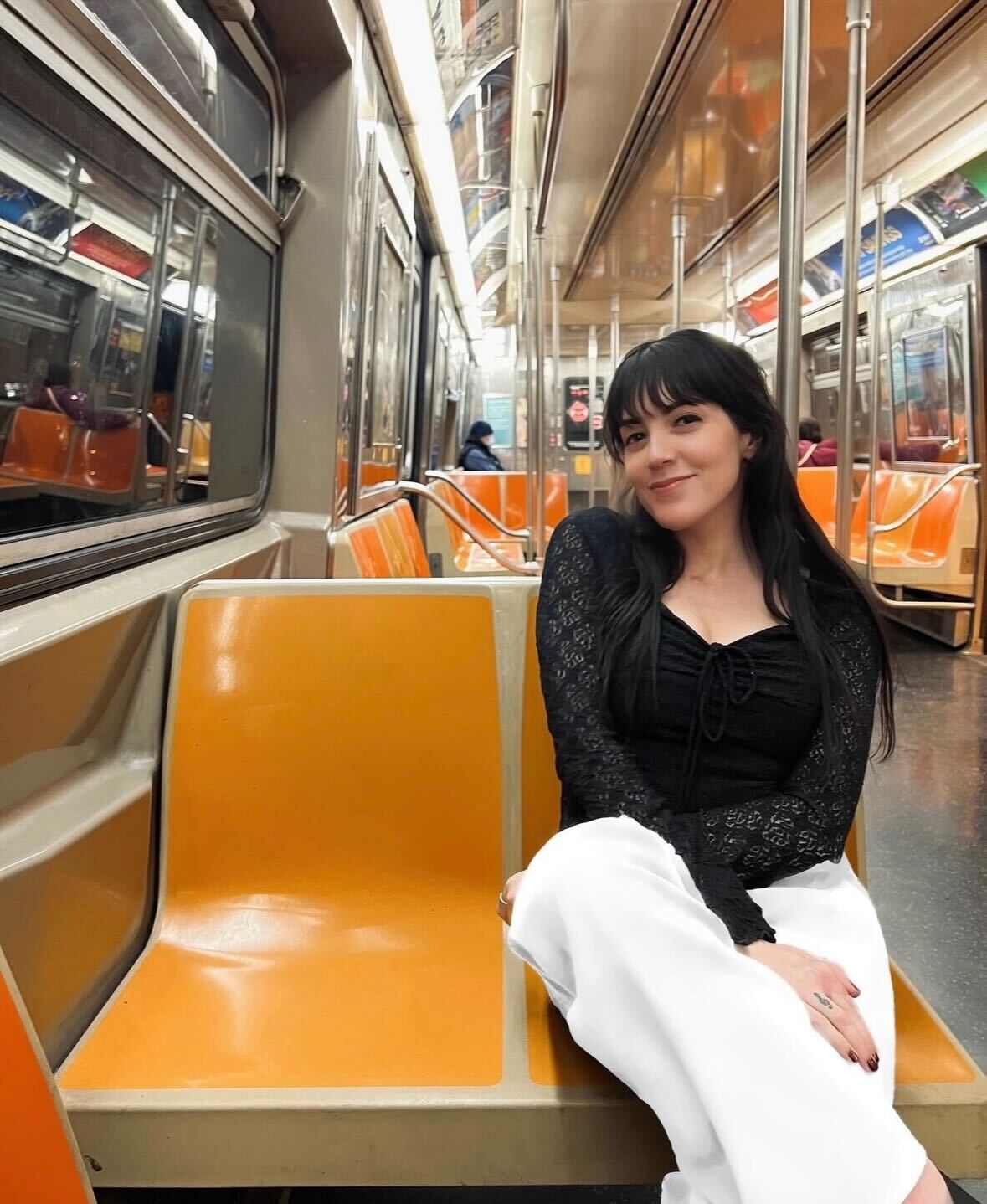U.K. Prime Minister Keir Starmer, French President Emmanuel Macron, German Chancellor Friedrich Merz, and Polish Prime Minister Donald Tusk will arrive in Kyiv early on May 10.
The United States embassy in Kyiv on May 9 issued a warning that Russia could launch "a potentially significant" attack in the coming days, despite Putin's self-declared Victory Day "truce."
The sanctioned oil tankers have transported over $24 billion in cargo since 2024, according to Downing Street. The U.K. has now sanctioned more shadow fleet vessels than any other country.
The sanctions list includes 58 individuals and 74 companies, with 67 Russian enterprises related to military technology.
Washington and its partners are considering additional sanctions if the parties do not observe a ceasefire, with political and technical negotiations between Europe and the U.S. intensifying since last week, Reuters' source said.
Despite the Kremlin's announcement of a May 8–11 truce, heavy fighting continued in multiple regions throughout the front line.
Putin has done in Russia everything that Luiz Inacio Lula da Silva had been against in Brazil.
The Kyiv Independent’s contributor Ignatius Ivlev-Yorke spent a day with a mobile team from the State Emergency Service in Nikopol in the south of Ukraine as they responded to relentless drone, artillery, and mortar strikes from Russian forces just across the Dnipro River. Nikopol is located across from the Russian-occupied Zaporizhzhia Nuclear Power Plant in the city of Enerhodar.
Peter Szijjarto's announcement came after Ukraine's Security Service (SBU) allegedly dismantled a Hungarian military intelligence network operating in Zakarpattia Oblast.
Western leaders reaffirm support for Ukraine following virtual summit hosted by Starmer

Western leaders reiterated their support for Ukraine following a virtual summit hosted by British Prime Minister Keir Starmer on March 15, where leaders from 25 countries were in attendance.
The virtual summit convened countries who could form a post-war peacekeeping force within Ukraine. As of March 13, the potential coalition consists of 37 countries, with the U.K. and France largely taking the lead as the only countries who have publicly committed to sending troops to Ukraine post-war.
Australian Prime Minister Anthony Albanese emphasized Australia’s commitment to Ukraine, pledging to stand with the country "for as long as it takes."
"I reiterated Australia’s strong and steadfast support for Ukraine and stated that Australia will stand with Ukraine for as long as it takes," Albanese said in an official statement following the summit.
He also stated that Australia is open to contributing to future peacekeeping efforts. "President Putin’s regime has imperialist designs, for Ukraine and beyond,” he said. “We must ensure Russia’s illegal and immoral actions are not rewarded through any peace process."
German Chancellor Olaf Scholz reaffirmed Germany’s support for Ukraine, stating that "Ukraine needs a just and lasting peace." He thanked Keir Starmer for convening the meeting and stressed that "it is up to Russia to end the attacks and finally make peace possible."
French President Emmanuel Macron criticized Putin, and accused Moscow of failing to engage in peace talks in good faith.
"Russia does not give the impression of a country that sincerely desires peace," Macron said after the summit. "It does not respond to the proposals of the United States and Ukraine. It intensifies hostilities. President Putin wants to get everything and then negotiate."
Macron argued that "peace through strength" remains the key to ending the conflict and that collective Western pressure on Russia is necessary. He also praised President Zelensky for proposing a ceasefire initiative and stated that for peace to last, Ukraine must have a "strong army that defends its country."
Finnish President Alexander Stubb expressed Finland’s willingness to support Ukraine but was cautious about direct military involvement, in comments to the BBC.
"It is still too early to talk about putting troops on the ground because we don’t have a ceasefire, we don’t have a peace process," Stubb told the BBC. "Once we have a clear plan, we start doing the commitments."
Stubb emphasized that there are "anywhere from zero to 50 different ways" to support Ukraine, but insisted that direct military involvement would only be considered if a peace deal is reached.
The virtual summit highlighted the growing pressure on Russia to engage in meaningful peace talks while reinforcing Western unity in supporting Ukraine’s defense and long-term stability.

Most Popular

After 3 years of full-scale war in Ukraine, Europe announces plan to ban all Russian gas imports

Ukraine, Europe's ceasefire proposal includes US security guarantees, no recognition of Crimea, Reuters reports

Journalist Roshchyna's body missing organs after Russian captivity, investigation says

After Russia's deadly attack on Kyiv, Vance reposts denunciation of Zelensky

Ukrainian sea drone downs Russian fighter jet in 'world-first' strike, intelligence says
Editors' Picks

How medics of Ukraine’s 3rd Assault Brigade deal with horrors of drone warfare

As Russia trains abducted children for war, Ukraine fights uphill battle to bring them home

'I just hate the Russians' — Kyiv district recovers from drone strike as ceasefire remains elusive



